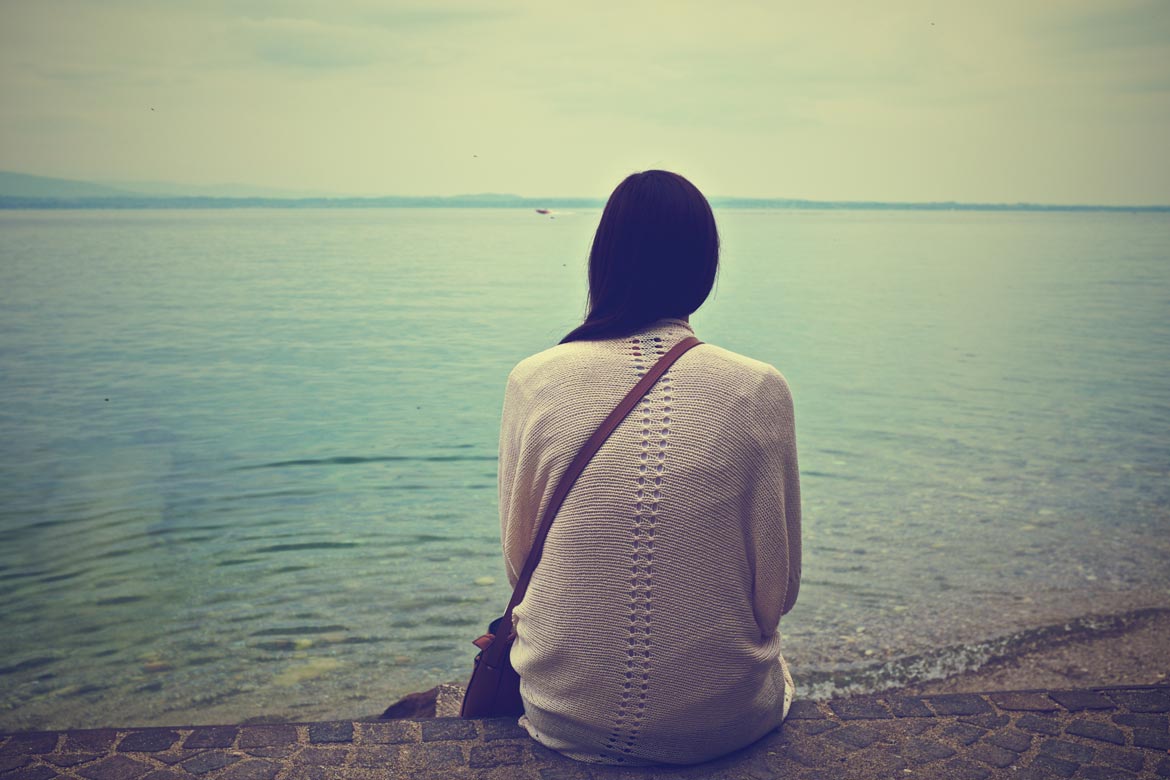It is always more difficult to mourn when death is unexpected and tragic. The recent horrific train crash in Westchester this month where five people were randomly taken from us, doesn’t make any sense. The impermanence and uncertainty of life is very difficult for us to wrap our heads around. What lessons can we learn from this, and how can we make the most of the time we do have?
Sometimes it takes a tragedy to wake us up to how precious our lives are. When we face mortality, it puts everything in perspective. We all know of terminally ill patients who get a new lease on life, and often dramatically change the way they live. When we are faced with our own mortality, our whole view of life can change and we realize what matters. We live with more freedom and don’t sweat the small stuff. Yes, we are all going to die. Life is short and precious, so you may as well do what makes you happy and think about what matters when you are gone.
I learned about the fragility of life at an early age; I was just fifteen when my father, thirty-nine, died tragically and unexpectedly. My life changed abruptly, and I have become the person I am today because of the many lessons this shattering event helped me learn. Sometimes crisis can be an unbelievable opportunity to learn and grow. Its message may have been brought to all of us so we wake up, enjoy the journey and be grateful for the gift of life.
Most of the things we focus on don’t matter in the long run. We all try to do the “right” things; go to good schools, get married, have kids, get the corner office, buy a nice car etc, but most of us are still not fully enjoying life. We still want more, bigger, better, best. We think more success will bring us happiness, but we keep making new goals once we reach them. I will be happy when… I lose 10 pounds, get my dream job, my child gets into Harvard. The broken formula of when I succeed, then I’ll be happy is backwards and unattainable. Learning to be happy with what we have now is key.
We are always rushing to do more, and don’t often appreciate what we have. We wear stress as a badge of honor, and think if we are busy, we must be important. We are in a race to nowhere. All this busyness can lead to depression, anxiety and lots of stress. There is no downtime anymore, and when there is, we have a multitude of screens that can distract us. When we are living life in the fast lane, we are not slowing down enough to be present and live in each moment. Our thoughts are constantly in the past, thinking about how we ended up in this unsatisfactory life, or in the future being anxious about things that will probably never happen.
How do we enjoy the time we have and remember what is really important?
It takes a lot of conscious effort. We have to intentionally slow down, connect with our current lives, and cultivate gratefulness. The practice of mindfulness is becoming increasingly popular in our culture, as one way to counteract all the “busyness” of our lives. It has been scientifically proven to decrease stress, as well as having a host of other emotional and physical benefits. In our parents generation, they received a few phone messages on pink slips of paper when they got to work. Today, technology gives us the ability to work around the clock, including weekends, and never turn it off. Mindfulness builds in a break for us, even from the constant chatter of our mind. It can bring us clarity, focus and peace. It is the awareness that arises when we pay attention to the present moment without judgment.
Meditation is the exercise we do to help us become more mindful and quiet the mind. It literally can rewire the brain. People often say they can’t mediate because they could never slow down their mind. Guess what, those people need it the most, myself included! Meditation is not shutting your mind off, that’s impossible. It is observing what thoughts are there, labeling them thinking, and then gently coming back to observing your breath. Simple enough. Five to ten minutes a day can make the difference. It may even bring you some peace to send thoughts of compassion to the victims of the crash, their families or others who are hurting. It also may be nice to send some much needed compassion to yourself and stop trying to always be better, smarter, richer. You’re fine the way you are!
My heart goes out to the families of the victims. I know firsthand that, with time, they will survive, heal, grow and learn. I share my lesson and the lesson of the train crash with the hope that it helps you to appreciate life, slow down and change the way you relate to the mini-traumas of daily life. You can not always change your circumstances, but how you respond to them defines your quality of life and peace of mind. What would you do differently if you knew you did not have a lot of time left?

